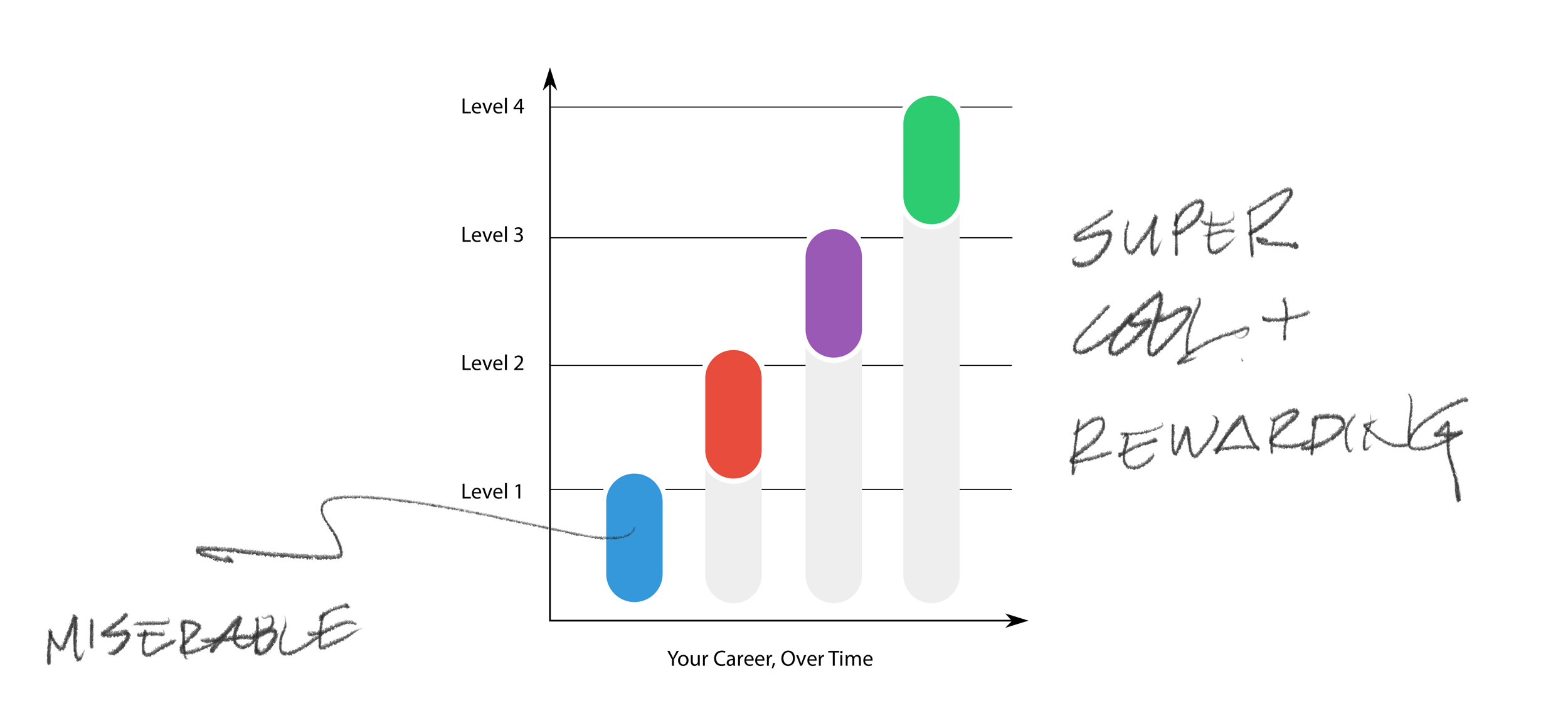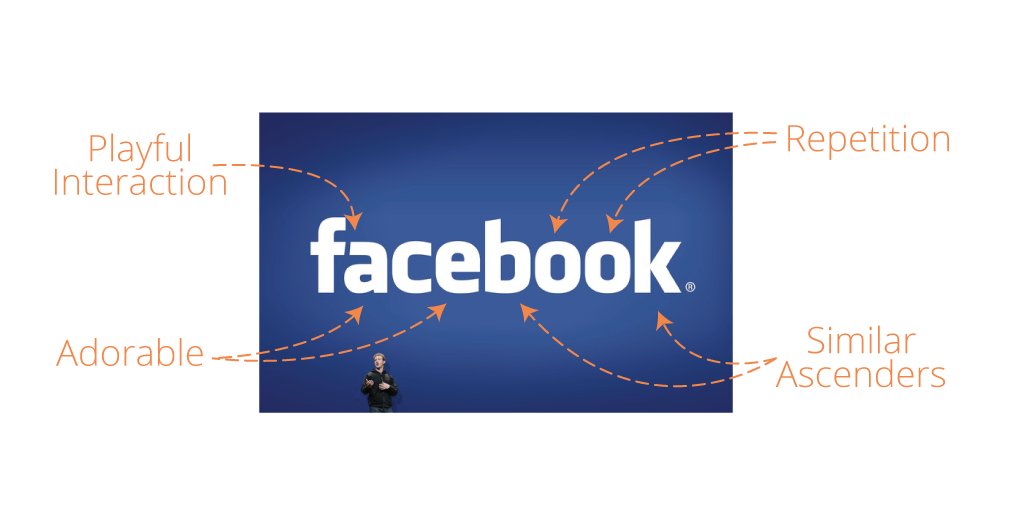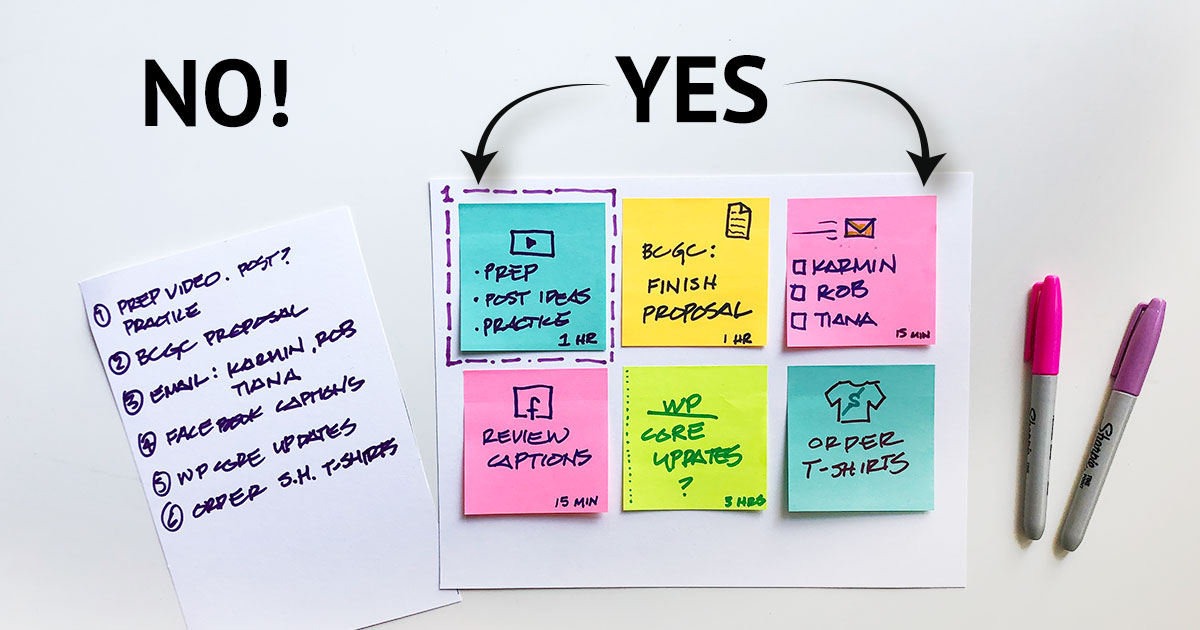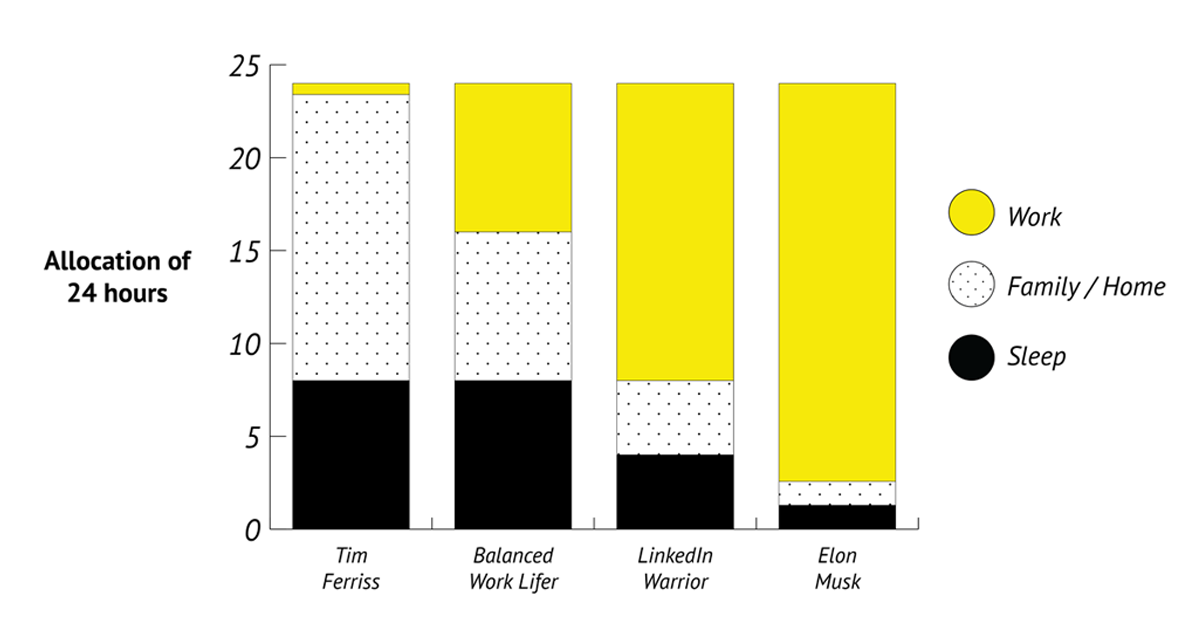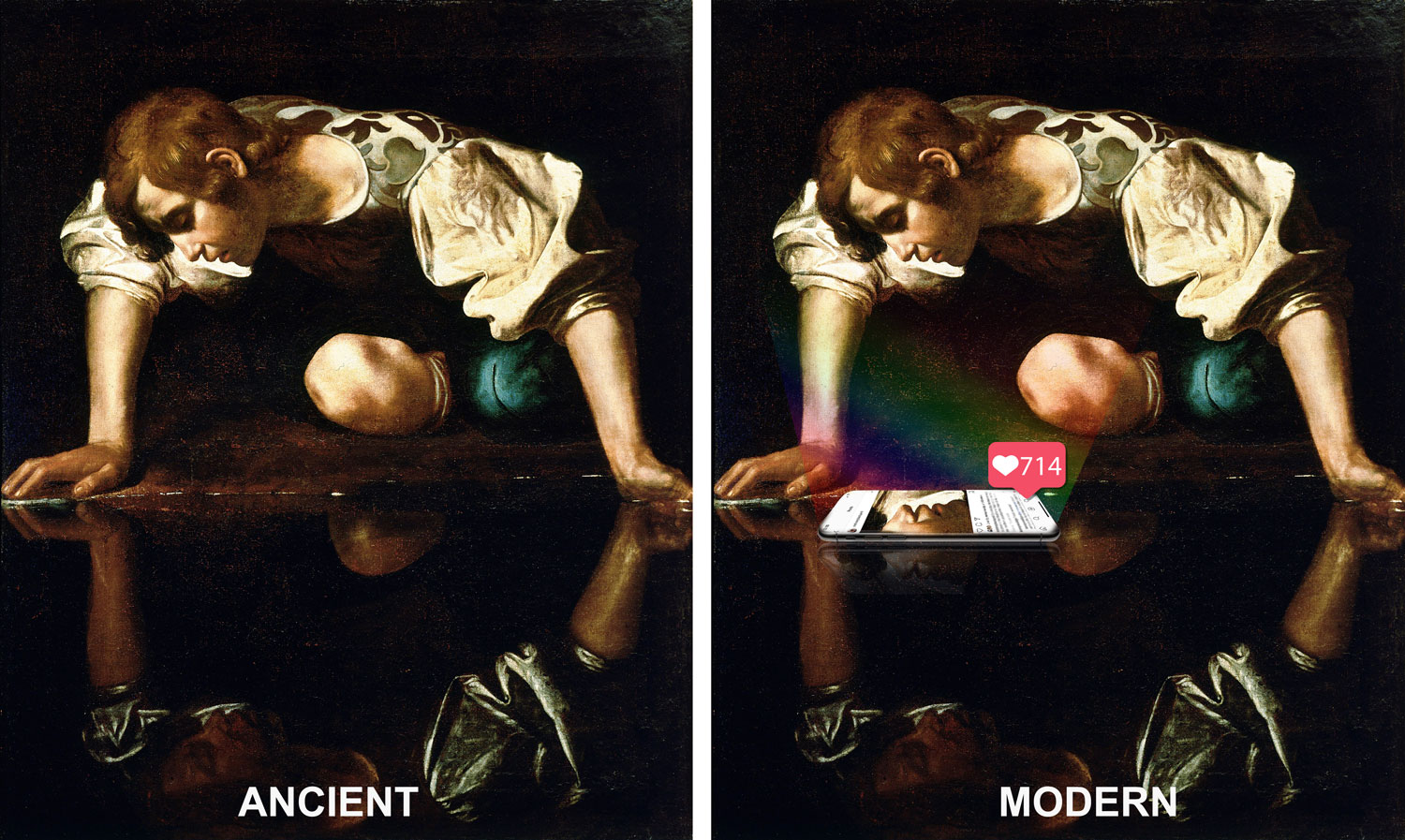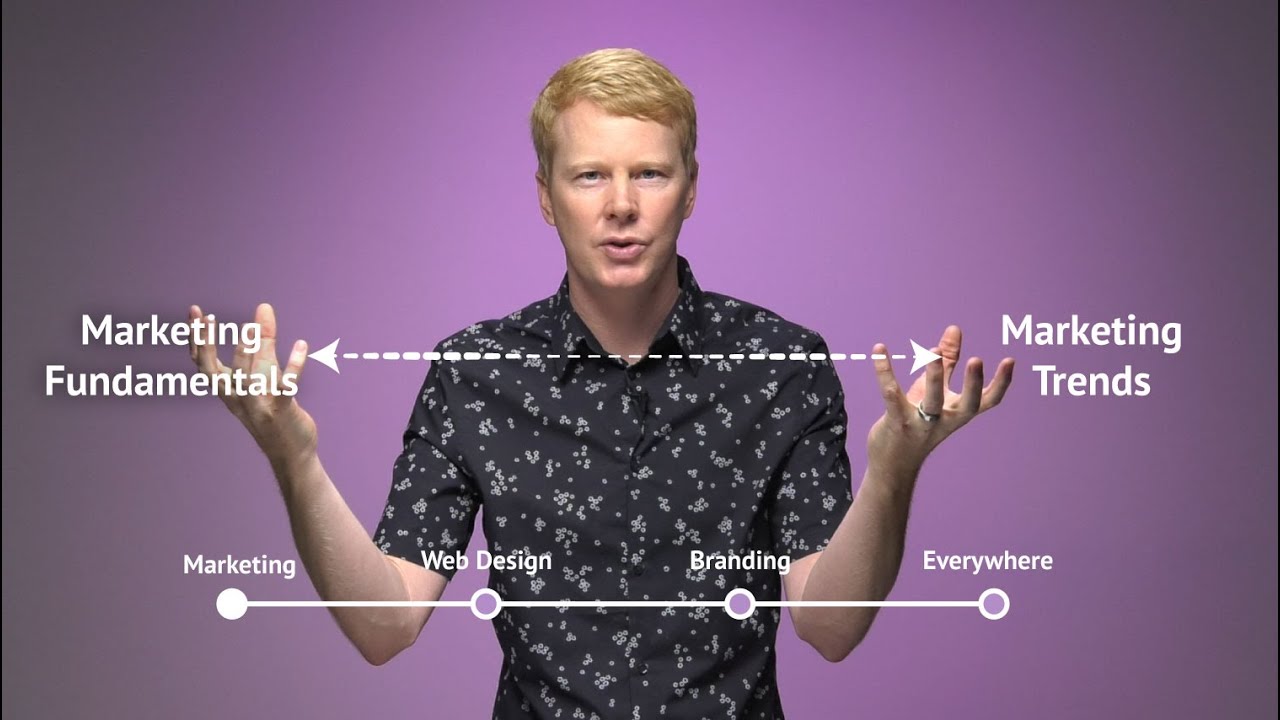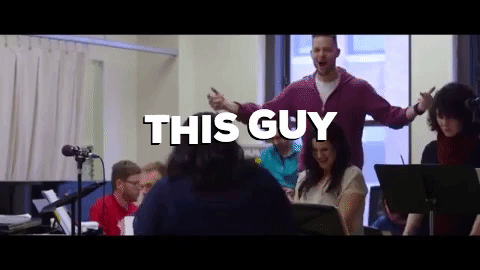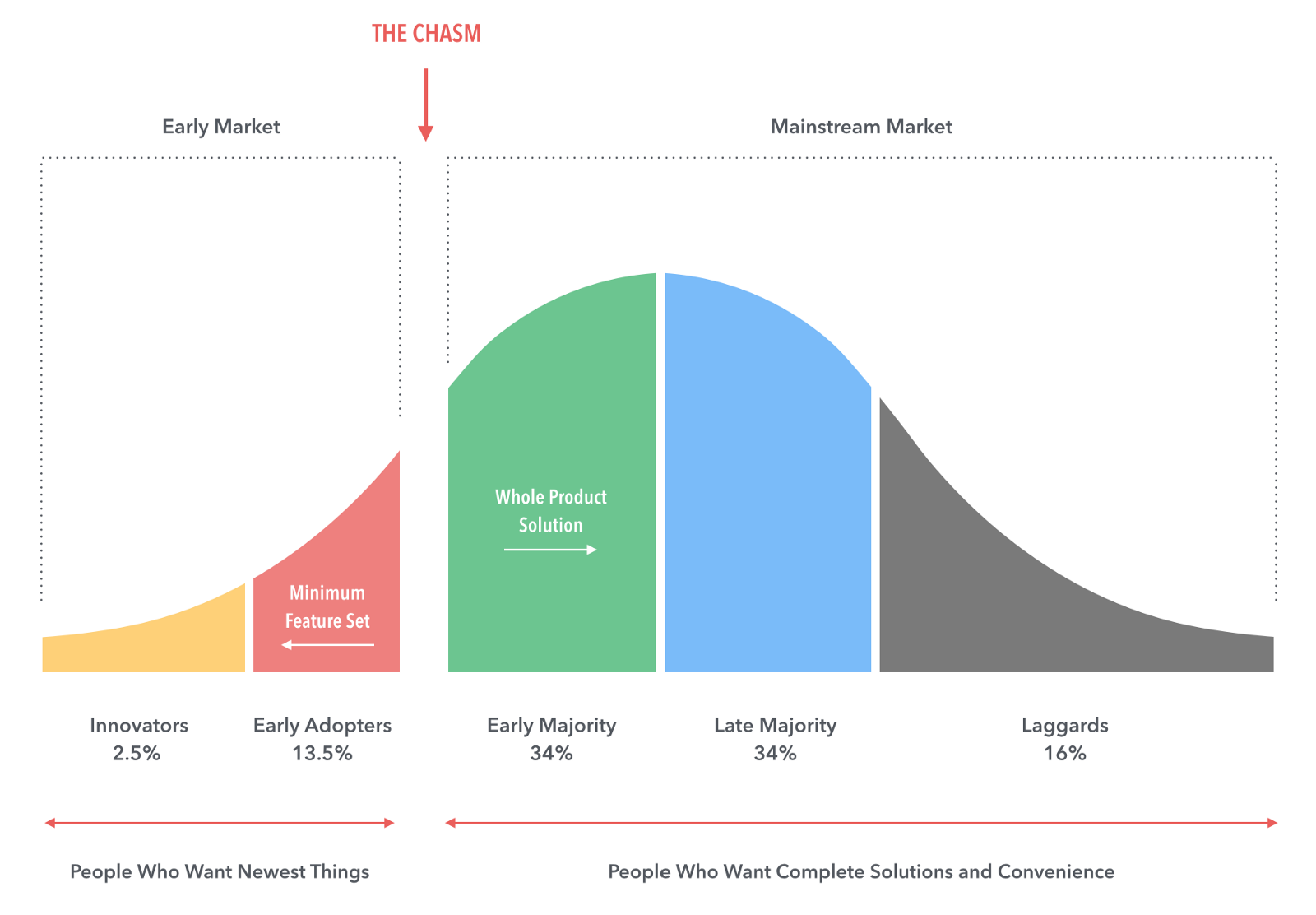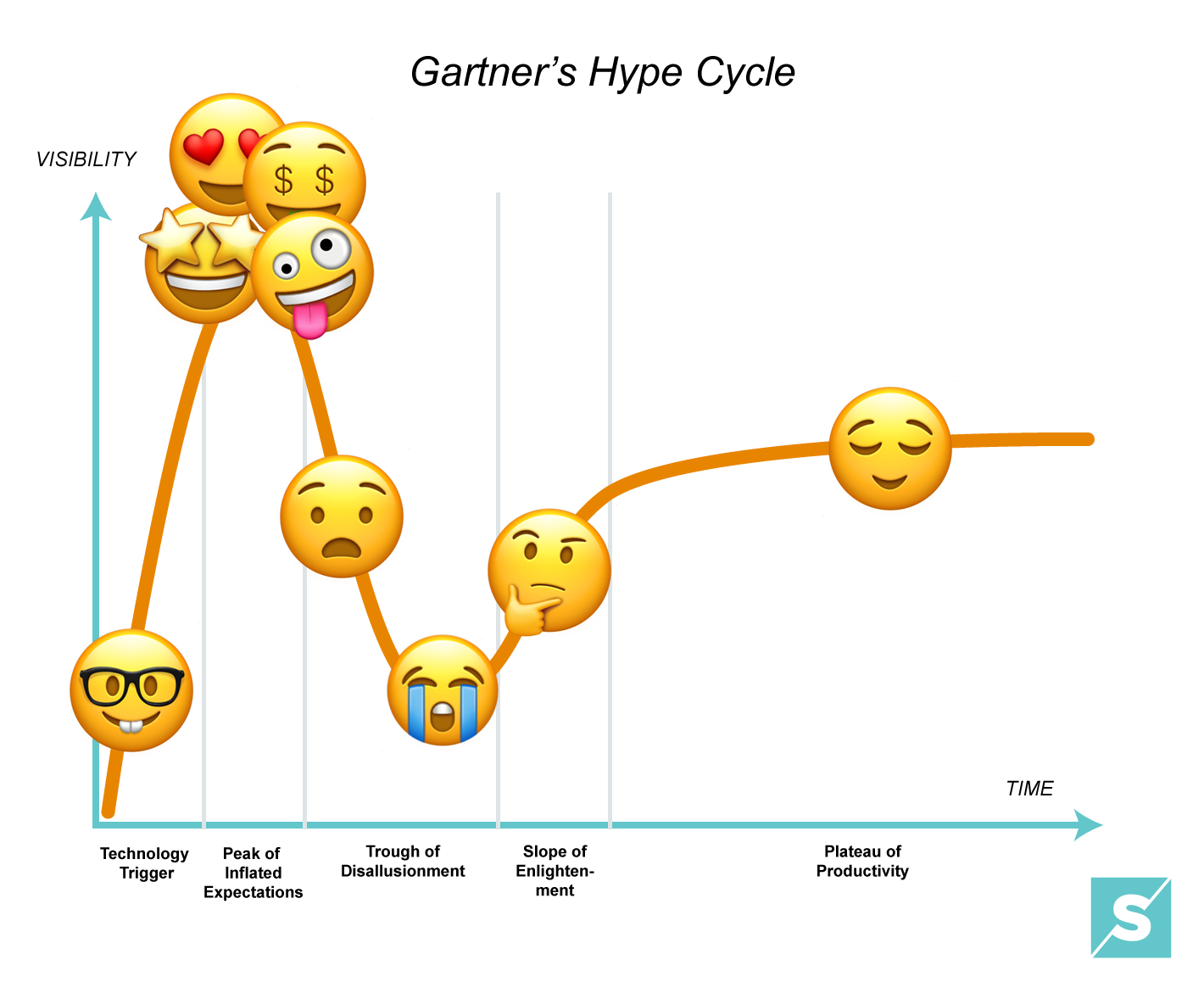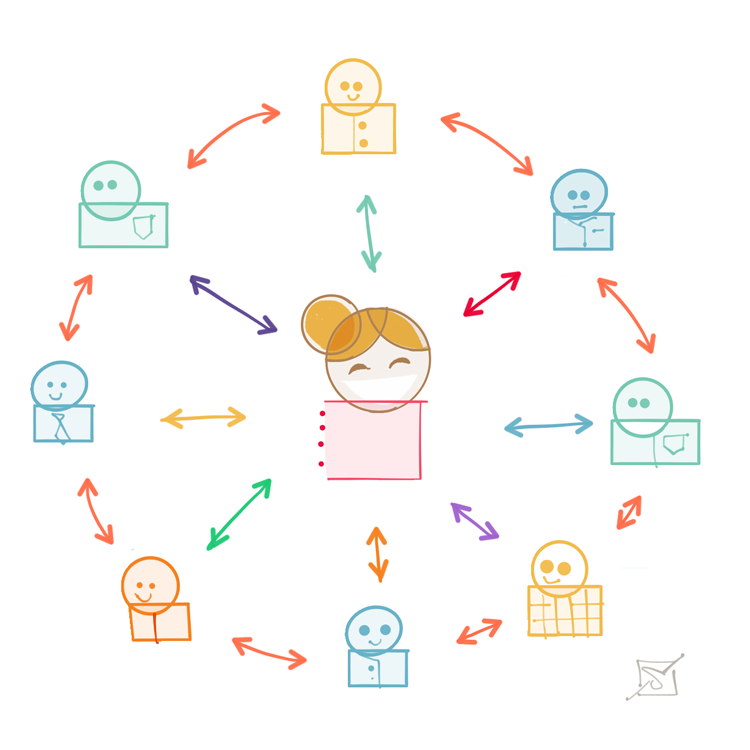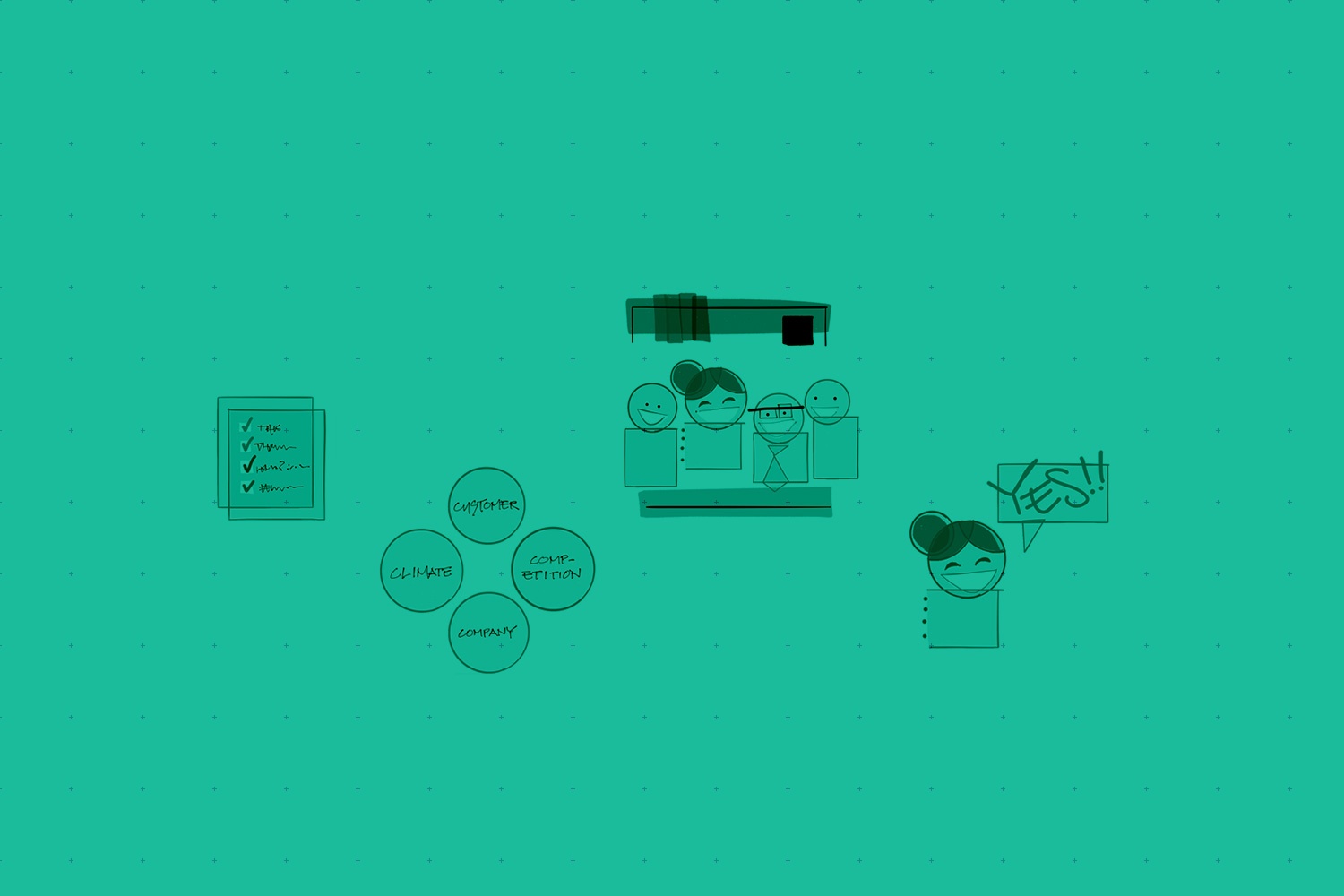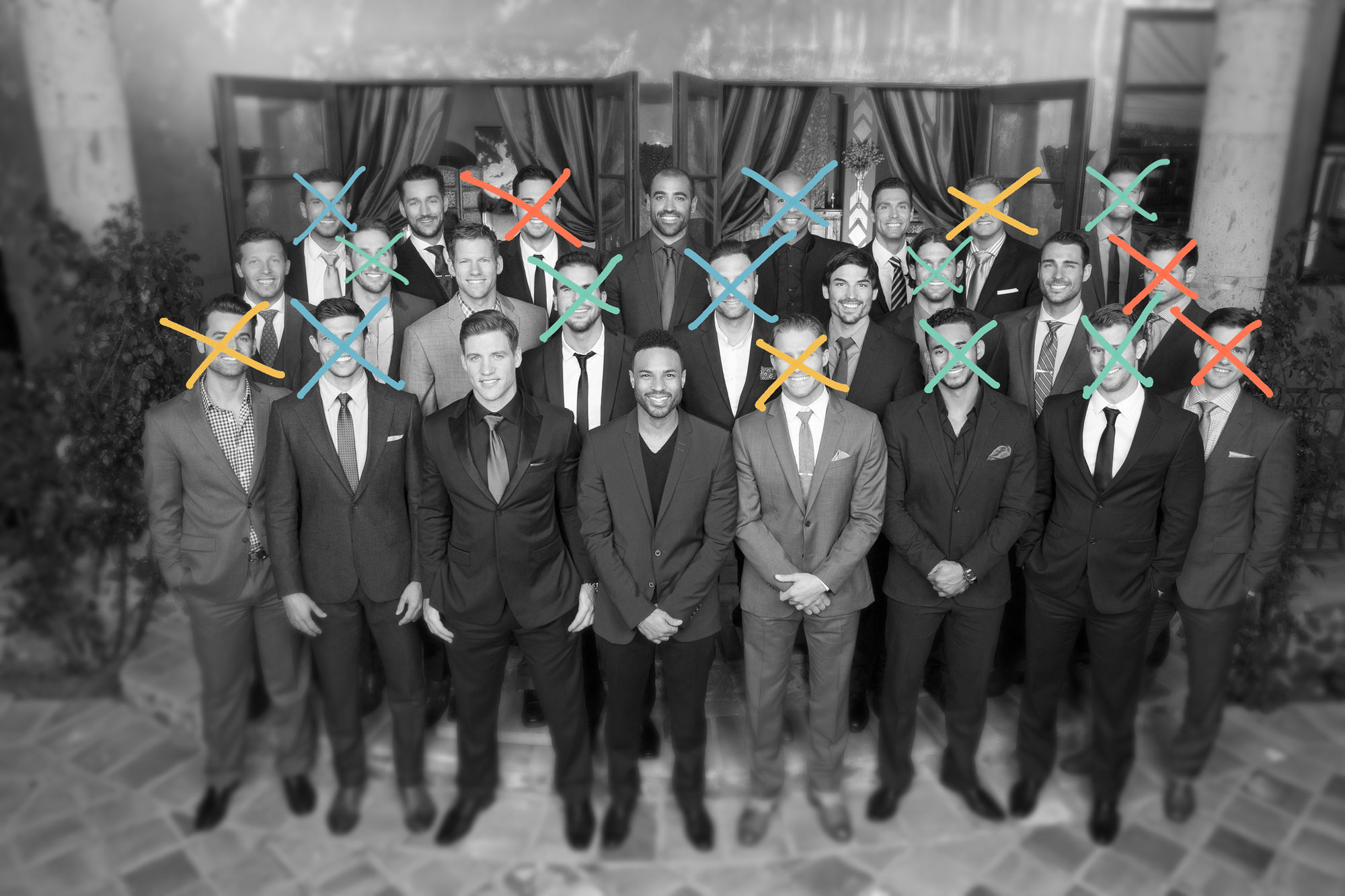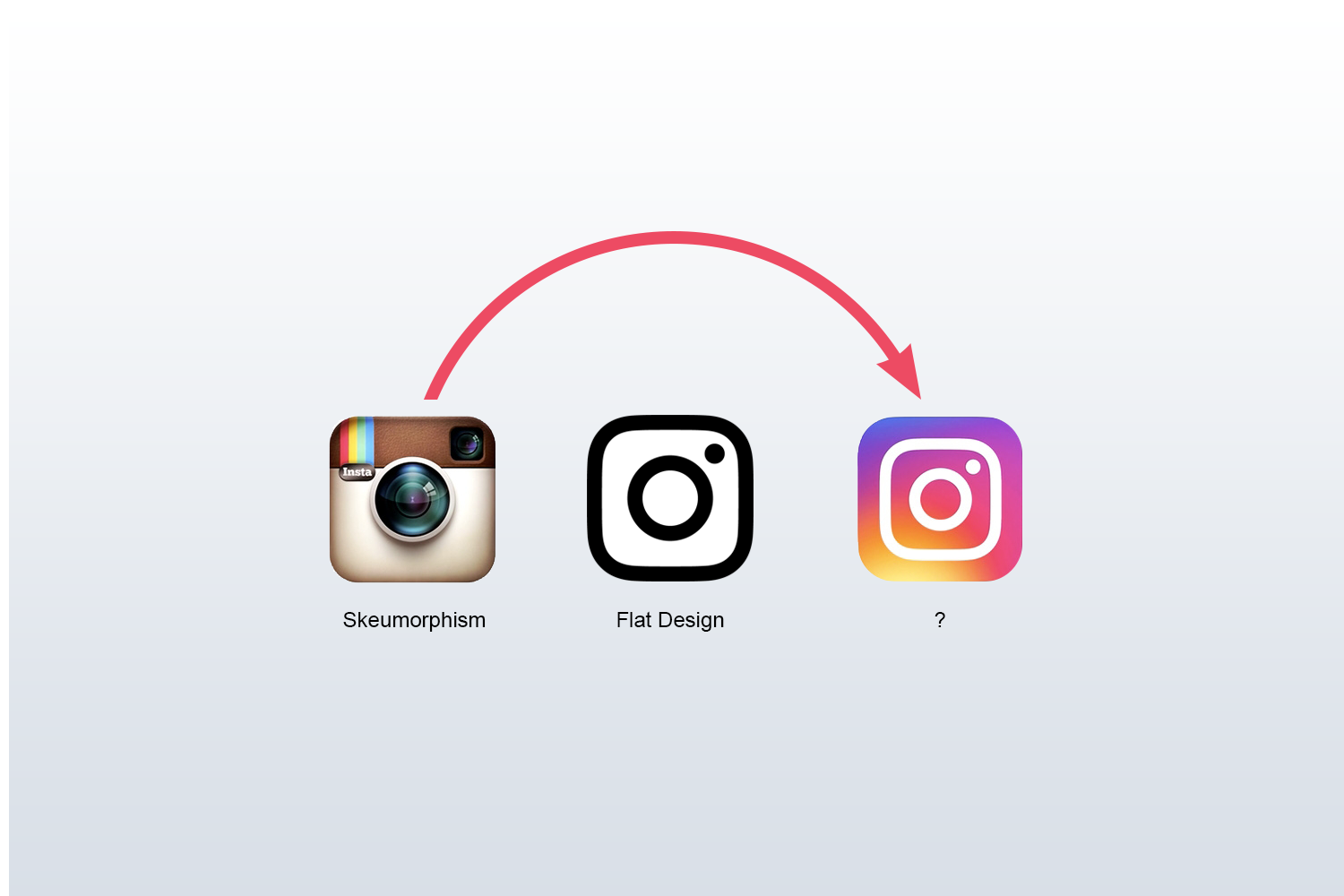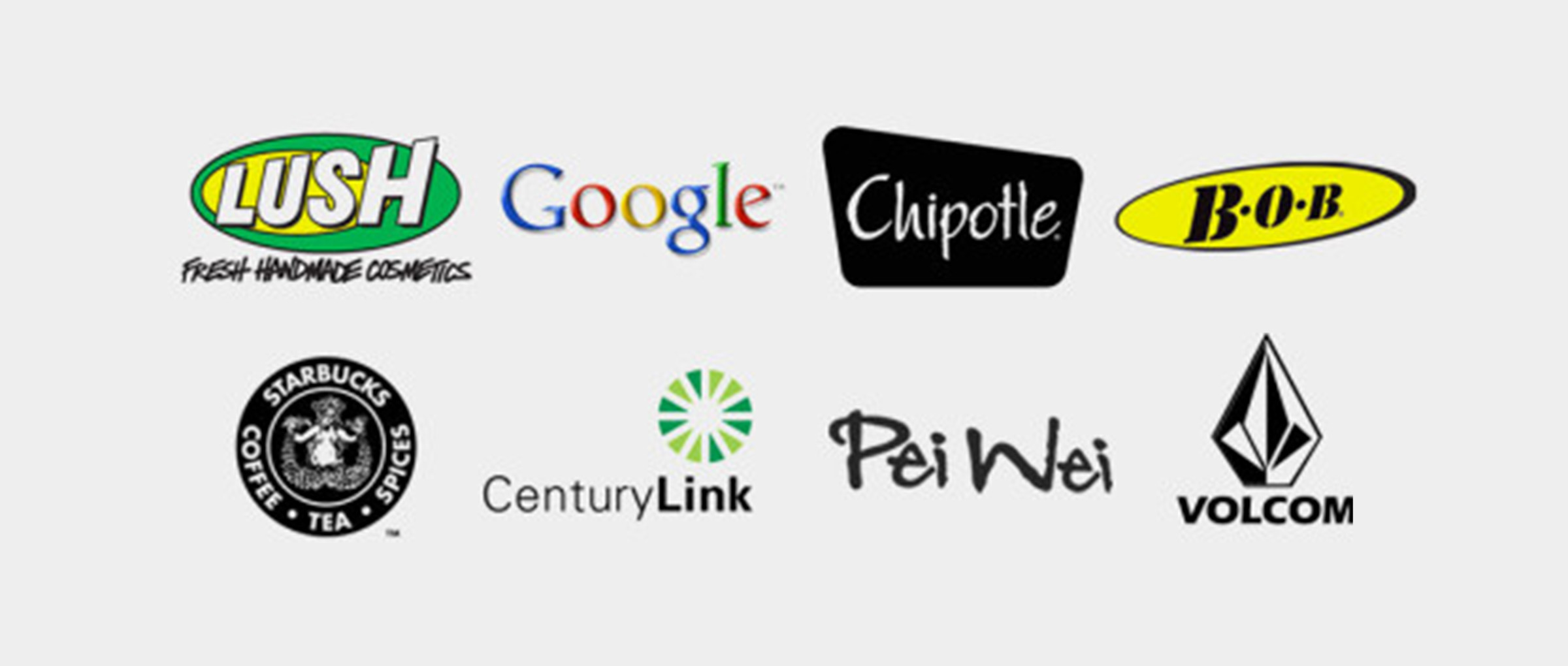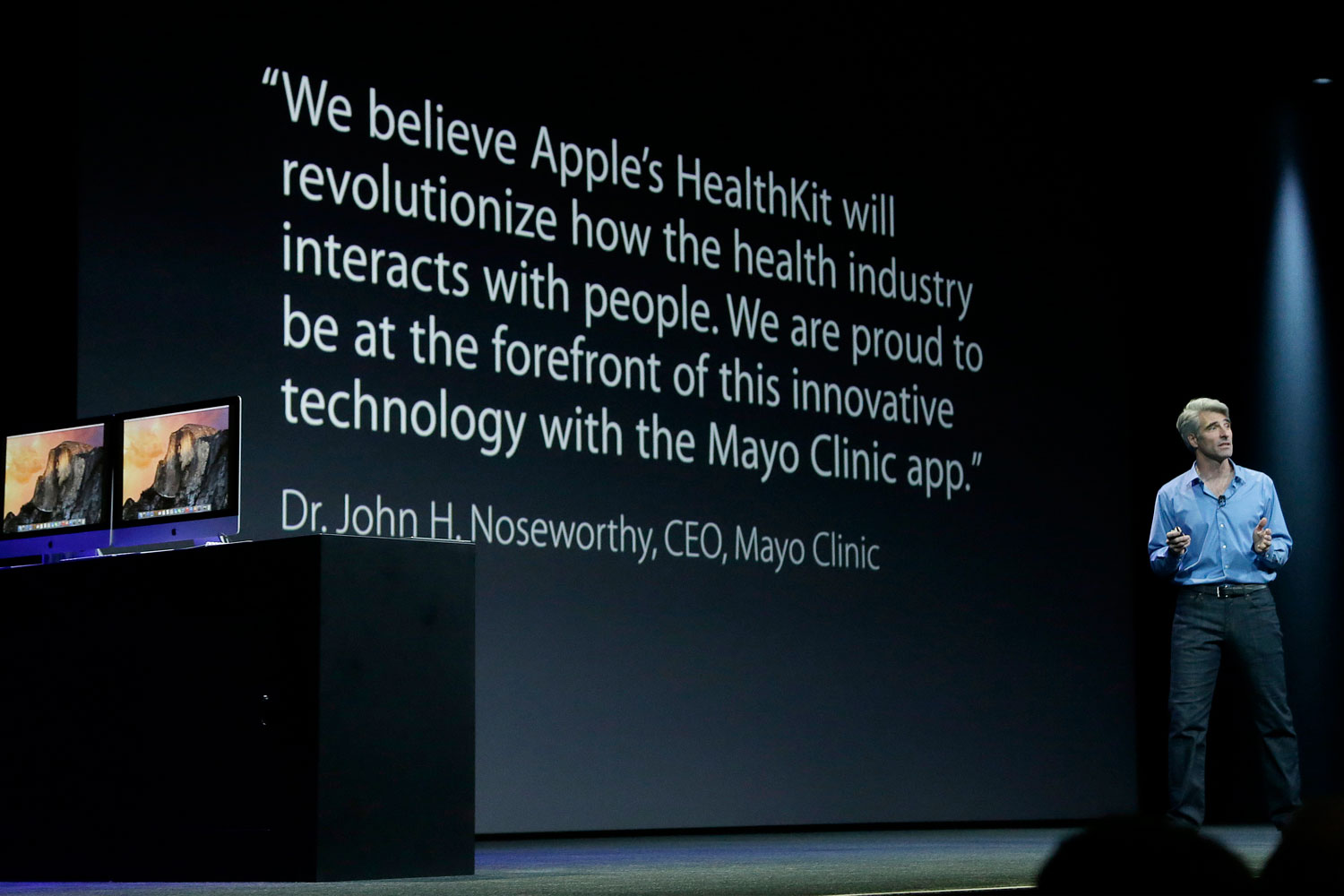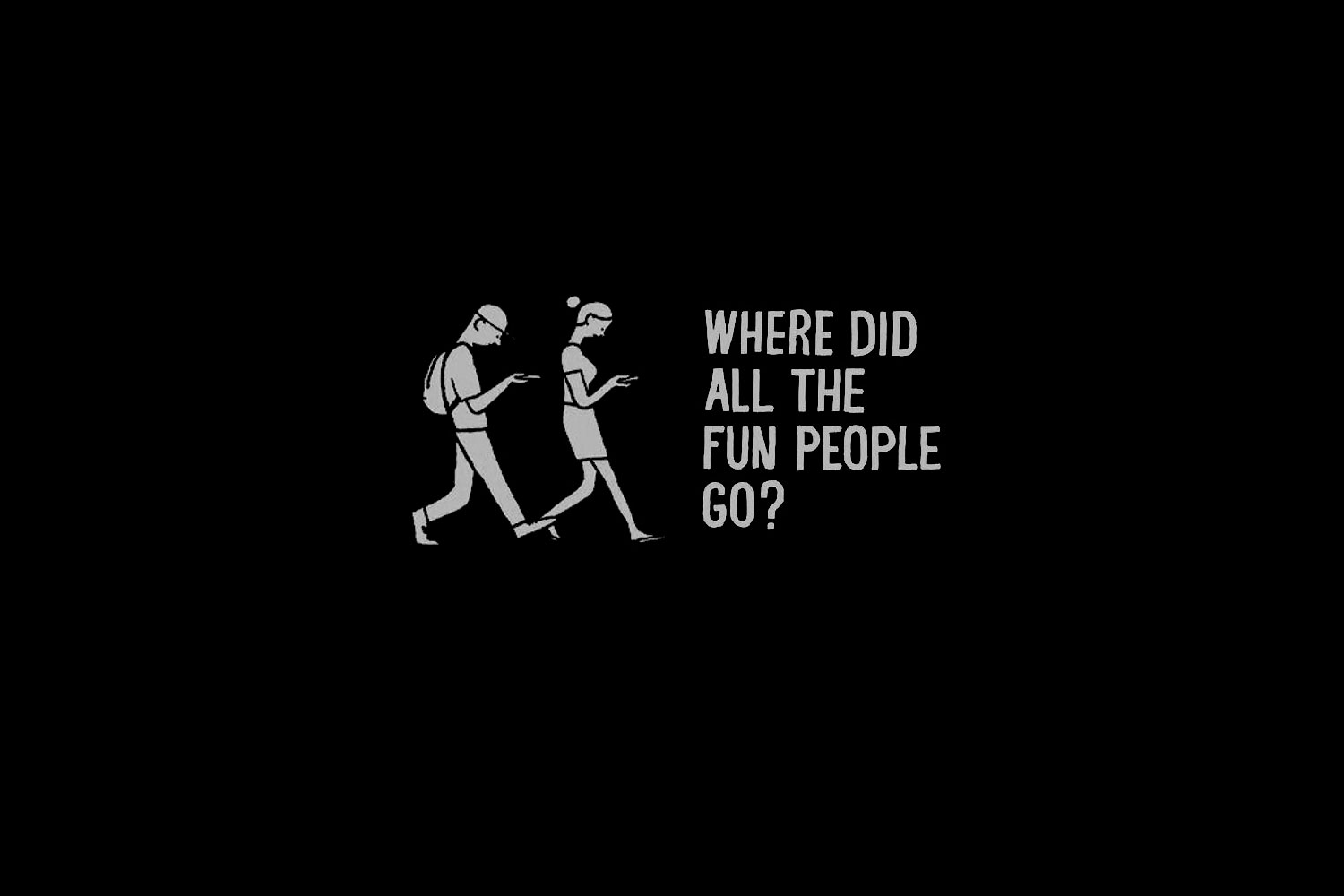Over the last couple of years, I’ve met with a lot of college students who were interested in becoming interns with smithHOUSE. I’ve sat across the table from some young, bright minds and we chatter back and forth about the usual things: tell me about your course work, where do you thrive, etc.
And with every student, I find myself interrupting the conversation and then preaching about what it takes to be good at this stuff.
Since it’s college graduation season, I decided to compile all of this preaching into a single sermon. So here it goes.
- You have to be infatuated with words and language.
- You need to be more than clever.
- You have to care about people. For real.
- You have to execute projects like a Navy Seal.
- You have to be eager to learn about interconnected trades.
- You have to be eager to look for new marketing tools and methodologies.
1) You have to be infatuated with words and language. You have to want to write all the time.
There are very few “glory moments in marketing” where you get to do something awesome and then drop the mic. That perfectly-timed Tweet (new school), or that clever one-page ad in the NY Times (think Madmen).

The rest of the time, you are doing hard work. And most of that work involves you WRITING.
- Writing creative briefs
- Writing copy
- Writing narratives
- Writing blogs
- Writing for print collateral
- Writing for websites
- Writing for marketing emails
- Writing for eBooks
- Writing for landing pages
- WRITING!
You have to be passionate about becoming an excellent writer. You have to obsess over vocabulary, grammar, and sentence structure. You have to be fierce about omitting needless words. (Learn More: The Elements of Style by E. B. White and William Strunk Jr.) You have to care about a sentence so much that you re-write it 7 times until it’s perfect.
At the same time, you have to be deeply curious about evolution in communication. Why are memes so powerful? Why are emojis so lovable?
Make writing your obsession. The rest will fall into place.
2) You need to be more than clever. You must be creative and resourceful.

Of course, you don’t remember the show MacGyver, because you weren’t born when the show was on television. But of course, you have heard of the legend of MacGyver, a guy who could take whatever he had around him and solve any problem. Go look up some clips on YouTube and you will be in awe of this TV dude.
Your job will be more like being a MacGyver of Marketing and less like Madmen in Marketing. Your job is to solve problems with limited resources.
- You won’t have a big enough staff.
- Your client won’t have enough money.
- There will never be enough time.
The most capable marketing professionals that I know today are able to work within very difficult constraints to produce something remarkable.
Here’s a real life example. I attended a one-day lecture series while in graduate school that began with Dr. Robert Cialdini, Professor of Psychology & Marketing, Arizona State University. Dr. Cialdini was eager to share a story about when he was hired by an electric utility company to encourage customers to make eco-friendly decisions and reduce power usage. After an elaborate introduction, Dr. Cialdini dimmed the lights and the commercials played on the massive screen before us in the lecture hall.
I was mortified. The value of the production was so low. I know these commercials were from the early 1990s or something, but come on! And they were so cheesy! I was so embarrassed that I began gathering my stuff so that I could make a quick exit before the lights came back on.
I hesitated. The lights came up, and Dr. Cialdini leaned into the microphone and told the full story. The commercials were in fact made with a very limited budget. They were made in tight time constraints. But they were also built on really good research about human behavior. The end results of the campaign were shocking. They saw substantial shifts in power usage. If I still had my notes, I would quote numbers. But the results were so compelling, that I stayed in my seat and listened for the rest of the day.
Dr. Cialdini is what I’m talking about. He took limited resources and created something completely #boss. Can you do this? Because if you can, you will have a dazzling career.
3) You have to care about people. For real.
You have to get this idea out of your head that people can be manipulated into buying stuff. There was a short window of time in recent history where this seemed possible. It’s when everyone watched the same TV shows, read the same magazines and newspapers, and listened to the same radio stations. It’s before we had the Internet, and way before we had smartphones and online social networks.
It was before we had a chance to research products before we bought them. It’s before there were long tail opportunities for people to create specialized products for their online customers.
We are in a new era. Don’t be fooled into thinking that we get to replace the old formats (commercials, print ads, billboards etc.) with a new format (Facebook ads, Google ads) and then tie a bow on top. The entire marketplace has been disrupted and it’s creating a new kind of company.
The best companies today aren’t wasting resources on convincing people to like their products. They are, instead, focused on making products that people really like. Products that solve people’s problems. Products that you can’t wait to discover, use, and then tell everyone about.
This new way of thinking is real, and it is also a competitive advantage for companies who continue to win. Eric Reiss wrote about this in the Lean Startup. Reiss explained that the whole goal of creating a product is to learn more about your customers. The goal is NOT to create a product and then force people to like it.
You create a product (look it up: minimal viable product) only so that you can get to know your customers or users better. Get to know their problems. Pivot in a new direction when you see an opportunity to help people with a better solution. Keep in mind that Twitter started as a podcasting tool and that Amazon started as a bookseller.
What does this mean to you as a college graduate with a marketing degree? It certainly means that you cannot lean on old offline advertising to make people like a bad product. You also can’t assume that online advertising will make people like a bad product. You have to help fix the product.
If we look again at the Lean Startup from author Eric Reiss, you can only improve a product or service when there is a feedback loop between your company and your users. If you have a mobile app or website, this is easy to do. Just watch your analytics dashboard. But for every other product or service in the marketplace, you have to ask your users.
And your objective is to bring their voice to your company’s leaders and advocate for improved products and services. It’s not enough to hand over customer data. Your empathy for the real people and their real problems is what brings this whole process to life. You can’t fake this. Either you care or you don’t care.
Help your company leaders find strategic opportunities to pivot in new directions. Your customers will be happier, and your business will be stronger.
You’ll get a promotion, and you can make you’ll have more to Tweet about.
4) You have to execute projects like a Navy Seal. Execution is everything.
Managing projects doesn’t mean that you are in the middle of several people who are doing the “real work” of a project. This is an old school idea that “good managers delegate!” until there’s nothing left to do but sit at your desk and wait for your lunch break. Project managers have to be fiercely informed of their projects and constantly aware of changing variables. Let’s get specific:
- You must respond to major disruption in a project. The client’s goals change. One of your team members leaves your company.
- You must make intelligent, well-informed compromises.
- You must make changes in real time to meet changes in timeframe and budget.
5) You have to be eager to learn about interconnected trades.
Marketing is a unique career because you work closely with a team of specialized people. Rarely can you execute a project with your own handy work? It’s a team effort.
Most of your team will be “creative professionals” who work with fun stuff like web design, video production, and graphic design. So it is essential to understand their stuff.
- Understand what your web designer cares about. Be eager to learn information architecture, responsive design, landing pages, SEO, etc.
- Understand all the language and concepts surrounded inbound marketing and digital marketing.
- Understand the minutiae of the print industry: crops, bleeds, coated paper, and the confusing way of describing colors with letters and numbers.
If you do not understand their language and their tools, then you won’t get what you want.
6) You have to be eager to look for new marketing tools and methodologies.
As you learned in school, “marketing is changing”. This is not an excuse to sit back and hope for the best. You have to see this as an opportunity to learn and adapt. Otherwise, your four-year degree will quickly become irrelevant.
Getting your first job is a big first step. But driving into work every day and chugging along on marketing projects is not enough to keep you sharp. You must stay humble and be a life-long student of marketing.
Never assume that you “get it” and have nothing more to learn. Here are some examples:
- Follow thought leaders on Twitter.
- Read marketing blogs.
- Look for new methodologies for managing projects.
- Research new software for improving your marketing.
- Be quick to attend an industry conference or meetup in your city.
- Attend webinars hosted by smart people who are trying to answer the hard questions within your industry.
STAY ON TOP OF YOUR GAME!
So Anyway…
…congratulations on graduating with your degree. You’ve worked hard. I wrote this blog so that you can excel in your career with fewer mistakes. If you agree or disagree with my ideas here, please let me know on Twitter. Did I miss something, need some clarity? Let me know: @MattSmithHouse.
And if you’ve found this blog helpful, please share it with your fellow graduates. You will eventually work alongside one another, and you’ll want them to be on top of their game too.










